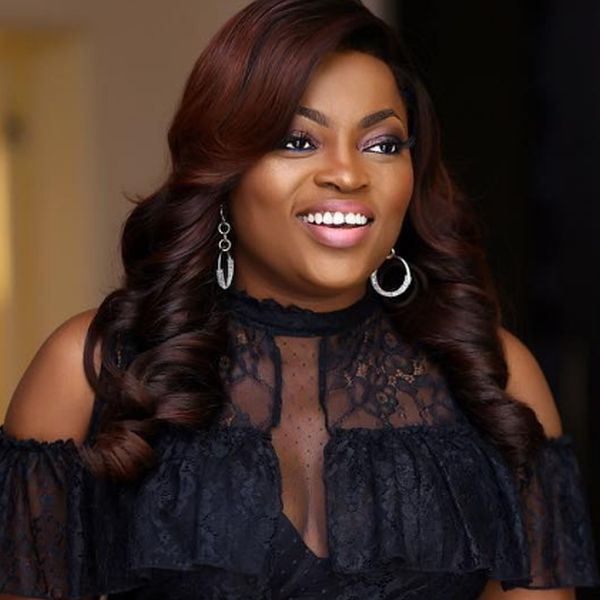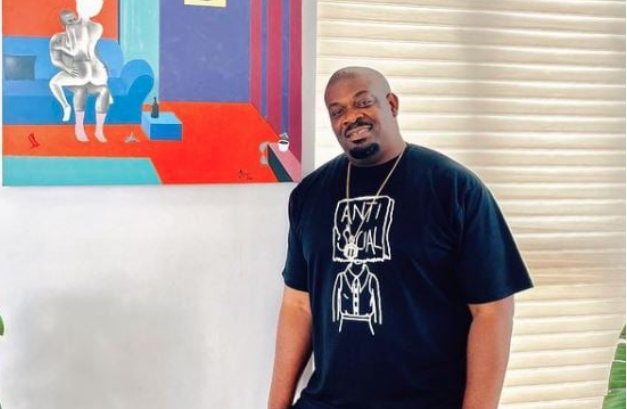Nigerian award-winning dancer and choreographer, Kafayat Shafau, widely known as Kaffy, has sparked a vital national conversation on child safety, consent, and the importance of early education on body boundaries. In a strongly-worded advisory to parents, she urged them to teach their children to say “No” to unwanted physical touch, regardless of who the person is — whether a family member, trusted family friend, or caregiver.
Her message is resonating deeply across social media, sparking debates around cultural norms, parenting styles, and the protective steps families must take to shield children from abuse.
Kaffy’s Emotional Call to Action
Speaking passionately, Kaffy explained that it is not enough for parents to assume that their children are safe simply because they are surrounded by familiar people. She stressed that child abuse often happens within environments that appear safe, and frequently involves individuals who are trusted or respected.
She emphasized that children must be empowered with the confidence and language to speak up when something feels uncomfortable or inappropriate. According to her, parents must dismantle age-old beliefs that demand children to show unquestioned obedience to adults.
“Teach your children that their body belongs to them. They should not be forced to hug, touch, or sit on anyone’s laps if they don’t want to. Consent starts from the home.”
Challenging Cultural Norms and Silence
In many African homes, children are often taught to stay quiet, obey elders without question, and avoid challenging authority. Kaffy pointed out that these cultural practices sometimes silence children and unknowingly protect abusers.
She warned that statements like:
- “Go and hug your Uncle”
- “Don’t be rude, sit here”
- “Adults know better, respect them”
can create a dangerous environment where a child feels unable to reject inappropriate touch, even when uncomfortable.
Her message aims to shift this mindset, encouraging parents to show children that their voices matter.
Why This Conversation Is Important
Child abuse remains a deep concern in Nigeria and across the world. Many cases go unreported because:
- Children are afraid they will not be believed
- The abuser is a respected adult
- Families try to “protect the name” of the abuser
- Victims are shamed or threatened
By urging parents to address consent early, Kaffy is promoting a proactive form of protection, rather than reacting after harm has been done.
Signs of Uncomfortable or Forced Touch in Children
Parents and guardians should pay attention to the following signals:
| Possible Sign | What It May Indicate |
|---|---|
| Sudden fear of a particular adult | The child may feel unsafe around them |
| Withdrawal or mood changes | Internal distress or confusion |
| Sudden maturity in sexual language or play | Exposure to inappropriate experience |
| Anger, anxiety, or nightmares | Emotional processing of trauma |
Careful observation and open conversations help children feel safe sharing uncomfortable experiences.
How Parents Can Empower Their Children
Kaffy’s message highlights practical steps families can adopt:
1. Teach Body Ownership
Explain that their body belongs to them, not to adults, relatives, or friends.
2. Explain Safe vs. Unsafe Touch
Use simple language depending on the child’s age.
3. Encourage Verbal Boundaries
Let children know they can say “No” — even to adults.
4. Stop Forcing Affection
Do not insist children hug, kiss, or sit with people they reject.
5. Create Trust and Communication
Make sure your child knows they can always talk to you without fear of punishment.
A Call for Collective Responsibility
Kaffy’s message is not just for parents — it is for schools, religious institutions, caregivers, communities, and society as a whole. Protecting children is a shared responsibility. It requires awareness, open communication, education, and continuous vigilance.
Her words serve as a reminder that prevention begins early, and the safest child is the child who knows:
- Their voice matters
- Their feelings are valid
- They have the right to say no



